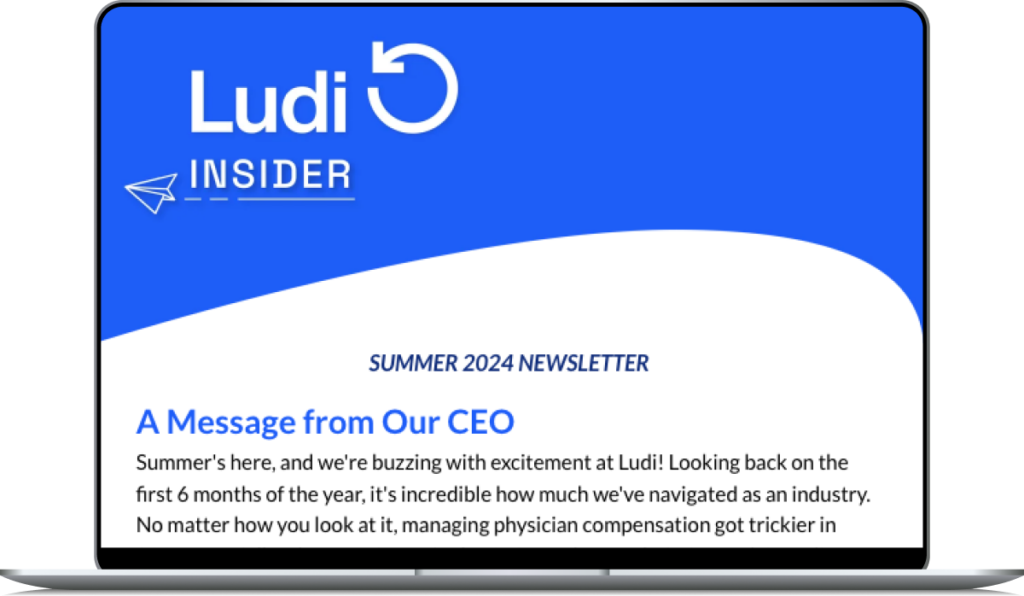Do you remember the scene in the movie “The Wizard of Oz,” when Dorothy, the Scarecrow, the Tin Man, and the Lion lock arms for the first time and set down the yellow brick road to find the Wizard? So much opportunity and wonder lay ahead for them. Well, as odd as it may sound, that’s kind of how I felt going into the American Health Lawyers Association (AHLA) Annual Meeting in San Antonio, Texas earlier this month. OK, full disclosure: I was watching that movie on my iPad during my flight out to San Antonio, so excuse my dramatics. But, honestly, the conference proved to be an educational wonder (and, no, the AHLA didn’t ask me to write this)!
I like this particular conference because hospital compliance is always top of mind for me, my team and our work at Ludi, which works with health systems and hospitals nationwide. So, what’s the best part about attending the AHLA Annual Meeting, aside from the breadth of great information you learn? You realize that attorneys are super, over-the top organized! Seriously. Every presentation topic was clearly stated with objective bullet points about the discussion, every presenter knew their role and every sub thought was clearly referenced in case law. It was impressive.
With that said though, boiling down everything I learned into five easy points is a difficult task since there was so much substantive information. But I’ll give it a shot, because I did feel smarter after these two days. I think, for me, first and foremost, this meeting is a good reminder that the relationships between physicians and hospitals are complex at best. Regardless of the physician being independent or employed by a hospital, there are a myriad of regulations to navigate in these relationships. Here is my (somewhat over-simplified) list of key takeaways from the AHLA show:
Takeaway #1:
Transformation is happening all around us. Embrace it!
Takeaway #2:
Fraud is still a very real issue across the relationships between physicians and hospitals.
Takeaway #3:
Stark Law is evolving.
Takeaway #4:
Speaking of FMV you cannot get around it.
Takeaway #5:
The future is IT, but there are challenges ahead.
While the legal and compliance challenges in our industry are many, the AHLA conference was a great place for in-house attorneys to interact with each other, learn best practices and hear from regulators themselves as to how to improve the care delivery for all. It’s made me a better source of information for my clients and employees, and that alone makes it worth it. Also, after so much discussion for two days about such brain-exhausting topics, along with long nights of travel to and from San Antonio, the whole experience certainly made me appreciate the simple things in our industry and the one thing Dorothy discovered: there’s no place like home.


